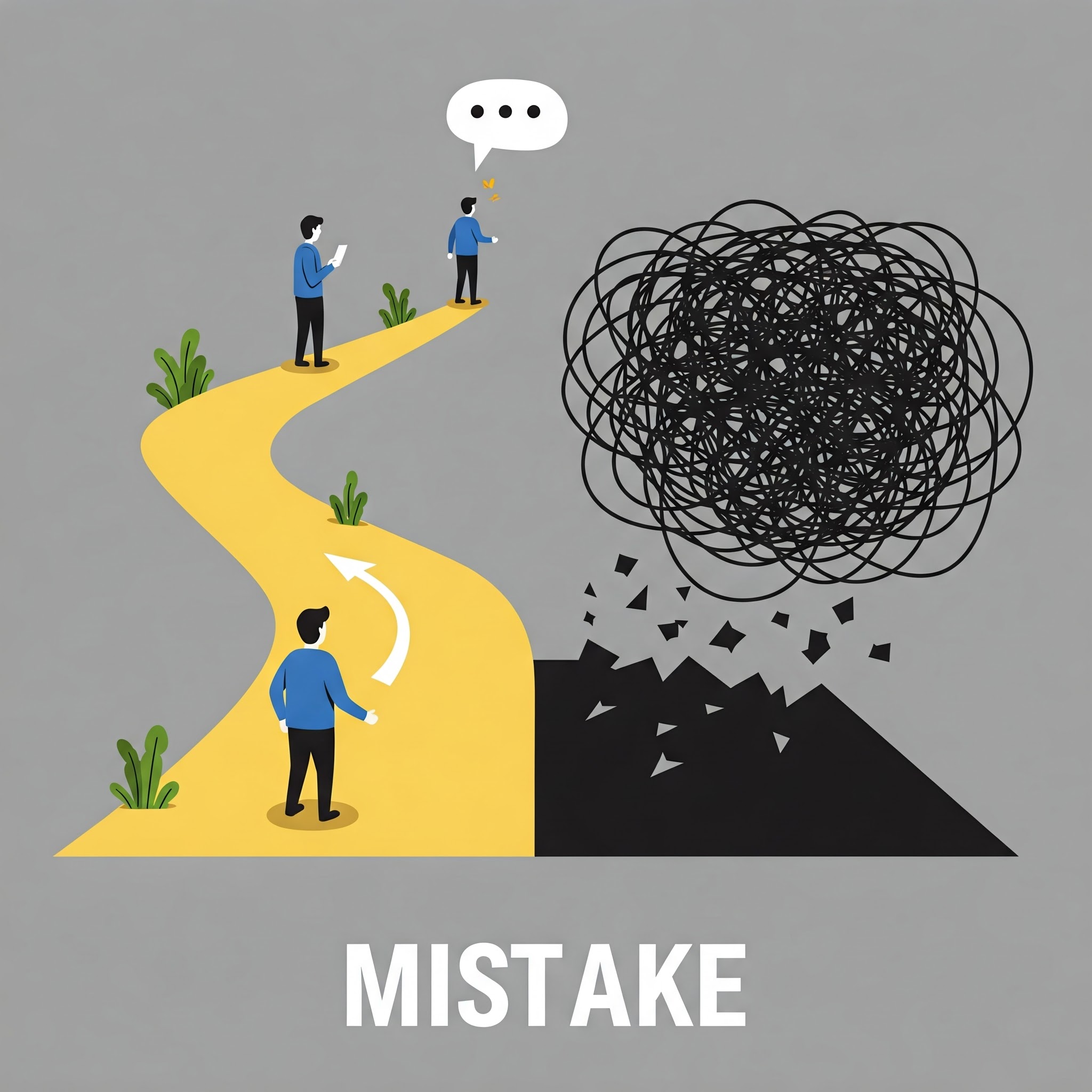Privacy
Definition
The term "privacy" describes the state or condition of being free from public attention or intrusion into one’s personal life.
Parts of Speech
- Noun
Pronunciation
American English
- IPA Pronunciation: /ˈpraɪ.və.si/
- Respelling: PRY-vuh-see
British English
- IPA Pronunciation: /ˈprɪv.ə.si/
- Respelling: PRIV-uh-see
Etymology
The word "privacy" originates from the Latin "privatus," meaning "pertaining to one's self" or "not public." It evolved through Old French "privauté" and Middle English "privacie" to its modern form, retaining its emphasis on personal seclusion and confidentiality.
Derivatives
- Private (adjective)
- Privatize (verb)
- Privately (adverb)
- Privatization (noun)
- Privative (adjective, archaic)
Synonyms
- Seclusion
- Confidentiality
- Isolation
Antonyms
- Publicity
- Exposure
- Openness
Usage
The term "privacy" is commonly used in contexts such as personal rights, technology, and legal systems. For example, "The app ensures user privacy by encrypting data" or "She values her privacy and avoids sharing personal details online."
Related Terms
- Confidentiality: The state of keeping information secret or private.
- Security: Measures taken to ensure protection from harm or unauthorized access.
- Autonomy: The right to self-governance and independence.
Detailed Definitions
Noun
- The state of being free from public attention or observation: Refers to personal freedom from intrusion.
- Example: "She closed the door to maintain her privacy."
- The condition of keeping information confidential: Refers to ensuring data or personal details are not disclosed.
- Example: "The company’s policies protect the privacy of its users."
- Seclusion or solitude: Refers to physical or mental isolation from others.
- Example: "He retreated to the mountains for some privacy."
privacy



🇨🇳 Mandarin
- 隐私 (Privacy as in personal information): Yǐnsī
- IPA Pronunciation: /in51 sz̩5/
- Respelling in English: Yin-si
- 私密 (Privacy as in secret): Sīmì
- IPA Pronunciation: /sz̩55 mi51/
- Respelling in English: Si-mi
🇮🇳 Hindi
- गोपनीयता (Privacy as in confidentiality): Gopanīyatā
- IPA Pronunciation: /ɡoːpniːjɑːt̪aː/
- Respelling in English: Gopnee-yataa
- निजता (Privacy as in personal life): Nijtā
- IPA Pronunciation: /nɪd͡ʒt̪aː/
- Respelling in English: Nij-taa
🇪🇸 Spanish
- Privacidad (Privacy)
- IPA Pronunciation: /pɾiβaθiˈðað/
- Respelling in English: Pree-va-thi-dath
- Intimidad (Privacy in personal life)
- IPA Pronunciation: /intiˈmiðað/
- Respelling in English: In-tee-mi-dath
🇫🇷 French
- Vie privée (Privacy as in personal life)
- IPA Pronunciation: /vi pʁi.ve/
- Respelling in English: Vee pree-ve
- Confidentialité (Privacy as in confidentiality)
- IPA Pronunciation: /kɔ̃.fi.dɑ̃.sjalite/
- Respelling in English: Kon-fee-dan-sya-li-te
🇸🇦 Modern Standard Arabic
- خصوصية (Privacy): Khuṣūṣiyah
- IPA Pronunciation: /xʊsʊːsjah/
- Respelling in English: Khusuusiyah
- سرية (Privacy as in secret): Sirriyah
- IPA Pronunciation: /ˈsirrijah/
- Respelling in English: Sir-ree-yah
🇧🇩 Bengali
- গোপনীয়তা (Privacy as in confidentiality): Gopanīyōtā
- IPA Pronunciation: /ɡɔpniːjɔt̪a/
- Respelling in English: Gopni-jota
- নিজের ব্যাপার (Privacy as in personal matters): Nijēr byāpār
- IPA Pronunciation: /nid͡ʒeːr bjaːpaːr/
- Respelling in English: Nijeer byaapar
🇷🇺 Russian
- Конфиденциальность (Privacy as in confidentiality): Konfidentsial'nost'
- IPA Pronunciation: /kɐnfʲɪdʲɪnʲtsɨjalʲˈnosʲtʲ/
- Respelling in English: Kon-fee-din-tsi-al'-nost'
- Частная жизнь (Privacy as in personal life): Chastnaya zhizn'
- IPA Pronunciation: /ˈt͡ɕasnəjə ʐɨznʲ/
- Respelling in English: Chas-na-ya zhizn
🇵🇹 Portuguese
- Privacidade (Privacy)
- IPA Pronunciation: /pɾivɐsiˈdad(ɨ)/
- Respelling in English: Pree-va-si-da-de
- Intimidade (Privacy in personal life)
- IPA Pronunciation: /ĩtiˈmiðað(ɨ)/
- Respelling in English: In-tee-mi-da-de
🇮🇩 Indonesian
- Privasi (Privacy)
- IPA Pronunciation: /priˈvasi/
- Respelling in English: Pree-va-see
- Kerahasiaan (Privacy as in secret)
- IPA Pronunciation: /kərahasian/
- Respelling in English: Ke-ra-ha-si-an
🇩🇪 German
- Privatsphäre (Privacy as in personal life)
- IPA Pronunciation: /pʁiˈvaːt sfɛːʁə/
- Respelling in English: Pree-vaat-sfeh-re
- Datenschutz (Privacy as in data protection)
- IPA Pronunciation: /ˈdaːtn̩ʃʊts/
- Respelling in English: Da-ten-shoots
🇯🇵 Japanese
- プライバシー (Privacy): Puraibashī
- IPA Pronunciation: /pu͍ɾaibaɕiː/
- Respelling in English: Pura-i-ba-shi
- 隠私 (Privacy as in secret): Inshi
- IPA Pronunciation: /inɕi/
- Respelling in English: In-shi
🇻🇳 Vietnamese
- Sự riêng tư (Privacy)
- IPA Pronunciation: /səˀ˨˩ ziəŋ4˨˩˦ tu˧ˀ˦/
- Respelling in English: Su zien-tu
- Bí mật cá nhân (Privacy as in personal secret)
- IPA Pronunciation: /bi˨˩ maːt˧˧ ka˨˩ˀ ɲaːn˧˧/
- Respelling in English: Bi-mat ka nyan
🇰🇷 Korean
- 사생활 (Privacy as in personal life): Sasenghwal
- IPA Pronunciation: /saːsʰʌŋʝʌl/
- Respelling in English: Sa-seng-hwal
- 프라이버시 (Privacy): Peuraiseubeosi
- IPA Pronunciation: /p͈ɾai̯bʌsi/
- Respelling in English: Pura-i-beo-si
🇹🇷 Turkish
- Gizlilik (Privacy)
- IPA Pronunciation: /ɟizliːlik/
- Respelling in English: Giz-lee-lik
- Özel yaşam (Privacy as in personal life)
- IPA Pronunciation: /œzɛl jaʃam/
- Respelling in English: Oe-zel ya-sham
🇵🇰 Urdu
- خفیہ ہونے کی حالت (Privacy as in state of being secret): Khufiyah hone ki haalat
- IPA Pronunciation: /xʊfɪjaː ɦoːne kiː haːlaːt/
- Respelling in English: Khu-fi-yah ho-ne ki ha-lat
- نجی زندگی (Privacy as in personal life): Nijī zindagī
- IPA Pronunciation: /nɪd͡ʒiː zɪndəɡiː/
- Respelling in English: Nijee zin-da-gee





